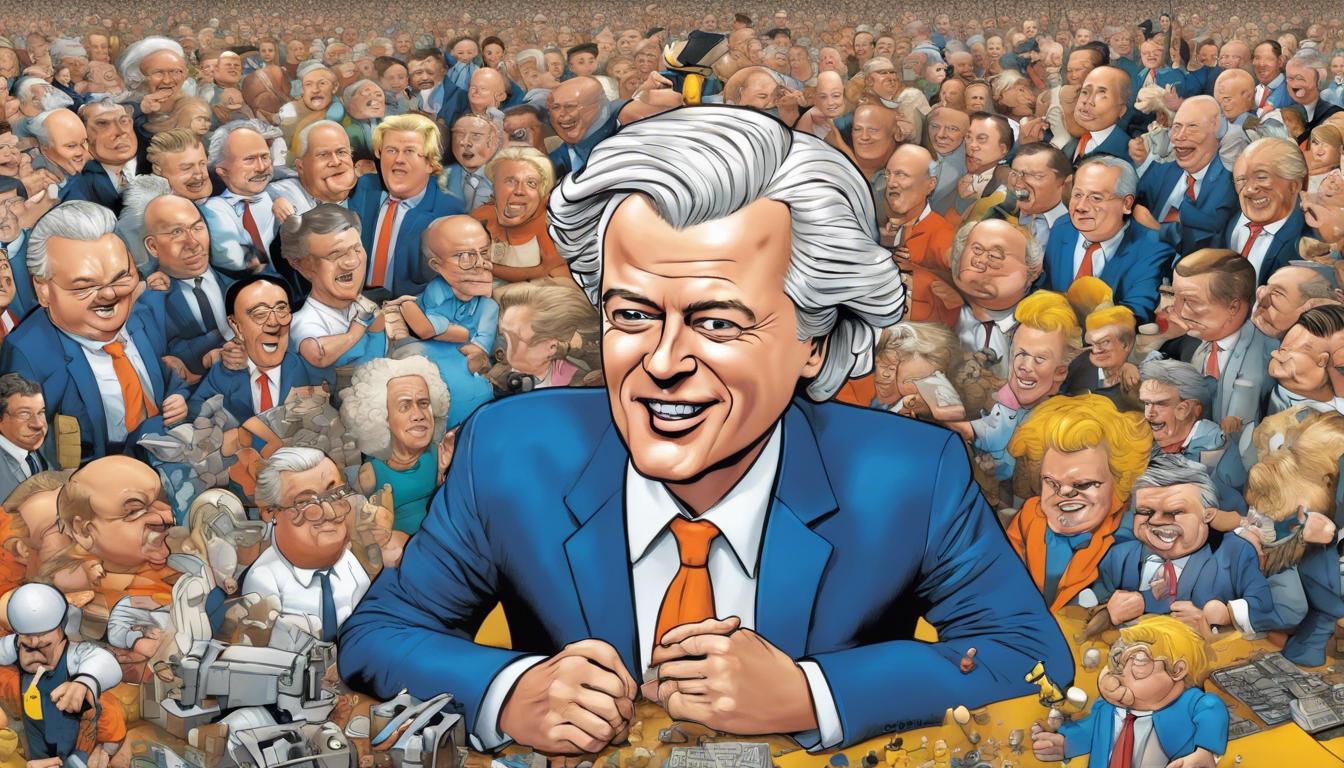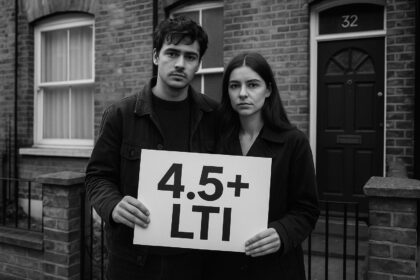In a surprising turn of events, Geert Wilders and his far-right Freedom Party become a potent force in Dutch politics, securing 37 seats in the parliamentary elections. Despite this success, Wilders steps back from the Prime Minister role, amidst ongoing coalition negotiations and political shifts towards the right in Europe.
In the recent Dutch parliamentary elections, Geert Wilders and his far-right Freedom Party garnered 23% of the vote, securing 37 seats, making them a significant force in the formation of the Netherlands’ next coalition government. Despite this success, Wilders has publicly conceded that he will not become the next Dutch Prime Minister. The centre-right NSC party, led by Pieter Omtzigt, has made it clear that they will not support Wilders as Prime Minister, citing differences over Wilders’ spending proposals and his views on Islam. However, negotiations for forming a coalition government continue, with the Freedom Party, the VVD party, and the Farmer Citizen Movement involved, focusing on the coalition’s programme and budget allocations.
Wilders, known for his controversial anti-Islam stance, has expressed a preference for a right-wing cabinet prioritizing reductions in asylum and immigration, indicating his willingness to put the country’s and voters’ interests above his personal ambitions. This development occurs against a backdrop of rising far-right populism across Europe, seen in countries like Portugal, Italy, Finland, Sweden, Spain, Austria, Germany, and France, challenging the stability of democratic processes and testing the political acumen of centre-right parties in dealing with extremist groups.
Closed-door negotiations facilitated by mediator Kim Putters may have broken the deadlock in forming a new ruling coalition in the Netherlands, reflecting Wilders’ readiness to compromise to facilitate coalition-building. This scenario presents a shift towards the right in the political spectrum, raising questions about the future direction of European politics, especially with upcoming EU parliament elections.
The unfolding political landscape in the Netherlands symbolizes a broader European dilemma of balancing between power and principles, confronting extremism, and ensuring democratic values in the face of rising populism and polarization within the electorate.













